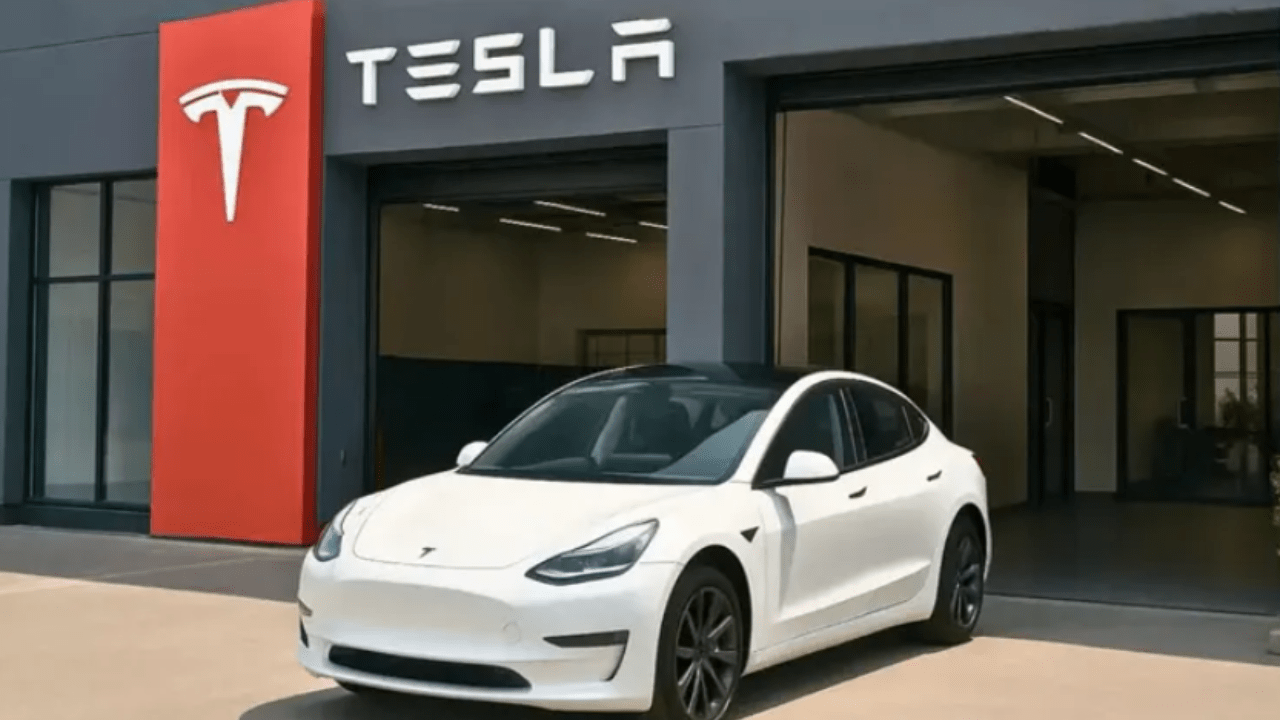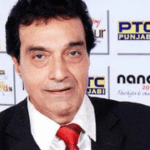After years of speculation, negotiations, and eager anticipation, Tesla Inc. is finally set to make its official debut in the Indian automobile market. The electric vehicle (EV) giant, led by billionaire entrepreneur Elon Musk, has received the green signal from the Indian government to begin operations, including sales, service, and manufacturing in the country.
This move is expected to transform India’s EV landscape and aligns with Prime Minister Narendra Modi’s vision of a cleaner, greener India.
Tesla to Set Up Manufacturing Plant in India
In a landmark development, Tesla has agreed to invest in a manufacturing plant in India. Sources indicate that the plant is likely to be located in Gujarat or Maharashtra, two states known for their industrial infrastructure and ease of doing business.
The initial investment is expected to be around ₹3,000 to ₹5,000 crore, with the potential to scale up based on market response. Tesla aims to produce cars locally, which will help reduce costs and avoid the heavy import duties India currently levies on foreign-made EVs.
Elon Musk’s Statements on India
In a recent interaction, Elon Musk confirmed that Tesla is “seriously looking at India” and expressed confidence in building a strong local presence. Musk had previously stated that Tesla couldn’t enter India due to high import duties and lack of EV-friendly infrastructure, but recent policy changes and active government engagement have now paved the way.
“India has the potential to become one of the biggest EV markets in the world,” Musk tweeted earlier this year.
Tesla Models Likely to Launch in India
Initially, Tesla is expected to launch its more affordable models in India to cater to the premium electric car segment. The likely candidates for the Indian market include:
- Tesla Model 3 – The most affordable Tesla globally
- Tesla Model Y – A compact SUV with spacious interiors
- Tesla Cybertruck – Possibly later, depending on market response
These vehicles will be equipped with Tesla’s Autopilot features, fast-charging capability, and next-gen connectivity options.
Charging Infrastructure and Service Centers
Tesla’s entry into India isn’t just about selling cars. The company also plans to invest in developing EV infrastructure, including:
- Supercharger stations across major Indian highways and metro cities
- Authorized service centers in key cities like Delhi, Mumbai, Bengaluru, Hyderabad, and Chennai
- Mobile service vans to support customers in remote areas
This move will significantly boost India’s EV ecosystem, which is still in its infancy.
Government Policies and Support
The Indian government has played a key role in facilitating Tesla’s entry. Recent EV-friendly policies include:
- Reduced import duties for electric vehicles under the condition of local manufacturing
- Production-Linked Incentive (PLI) schemes for EV and battery manufacturing
- State-level subsidies and EV purchase incentives
These measures are aimed at making India a global EV manufacturing hub, and Tesla’s presence will certainly accelerate that goal.
A Big Boost for India’s Green Goals
Tesla’s launch is not just a commercial event—it’s a milestone in India’s journey toward sustainability. The company’s high-performance electric cars will set a benchmark for Indian automakers and push the entire industry towards cleaner technology.
India, being one of the most polluted countries globally, is looking to cut down carbon emissions and reduce its dependence on fossil fuels. With Tesla’s cutting-edge technology and global brand appeal, EV adoption in India could see a significant boost.
Impact on Indian Auto Industry
Tesla’s entry is likely to:
- Increase competition in the premium EV segment
- Force Indian automakers to innovate faster and improve their EV offerings
- Attract foreign investments in EV tech and infrastructure
- Create thousands of jobs in manufacturing, R&D, and sales
Companies like Tata Motors, Mahindra, and MG Motors will now face stiff competition from Tesla, which may ultimately benefit Indian consumers with better choices and pricing.
Future Outlook: Tesla’s India Story Just Beginning
While Tesla is starting cautiously with a limited product line, its long-term plans include:
- Gigafactory in India for battery production
- Launch of Tesla Energy to supply solar roofs and Powerwall batteries
- Collaboration with local suppliers and engineering talent
India’s massive population, growing middle class, and increasing environmental awareness make it a strategic market for Tesla.
Tesla’s arrival in India is a turning point for the country’s automobile and energy sectors. With Tesla’s innovative spirit and India’s ambitious green goals, the partnership holds great promise. For Indian consumers, it marks the beginning of a futuristic era of smart, sustainable driving.
Stay tuned for official announcements, booking details, and more insights on Tesla’s first showroom and production facility in India.
The Tesla Model 3 is likely to be priced between ₹45 to ₹55 lakh as a mid-size electric sedan; the Tesla Model Y, a compact electric SUV, may cost around ₹55 to ₹65 lakh; the Tesla Model S, if imported, is expected to be priced between ₹1.5 to ₹2 crore as a luxury sedan; and the Tesla Model X, also expected to be imported, could range from ₹1.6 to ₹2.2 crore, positioning it as a high-end luxury SUV.
The official launch is expected in early to mid-2026, but Tesla may begin bookings or a soft launch by late 2025. The first showroom and service centers are likely to open in Mumbai, Delhi, Bengaluru, and Hyderabad.
Yes, Tesla plans to build its Supercharger network across major highways and metro cities.
Yes, Tesla is in talks with multiple states (Gujarat, Maharashtra, Tamil Nadu) for setting up a manufacturing and assembly plant. This is part of their long-term strategy to make India an EV export hub.
Tesla will initially launch authorized service centers in Delhi NCR, Mumbai, Bengaluru,Hyderabad, Chennai.
Booking will be available through Tesla India’s official website, Tesla mobile app or you can Select Tesla showrooms. A token booking amount of ₹1 lakh – ₹2 lakh is expected for the Model 3 and Model Y.
Tesla is expected to offer Autopilot (driver-assist features) in India. However, Full Self-Driving (FSD) features may be limited due to regulatory constraints in India.






